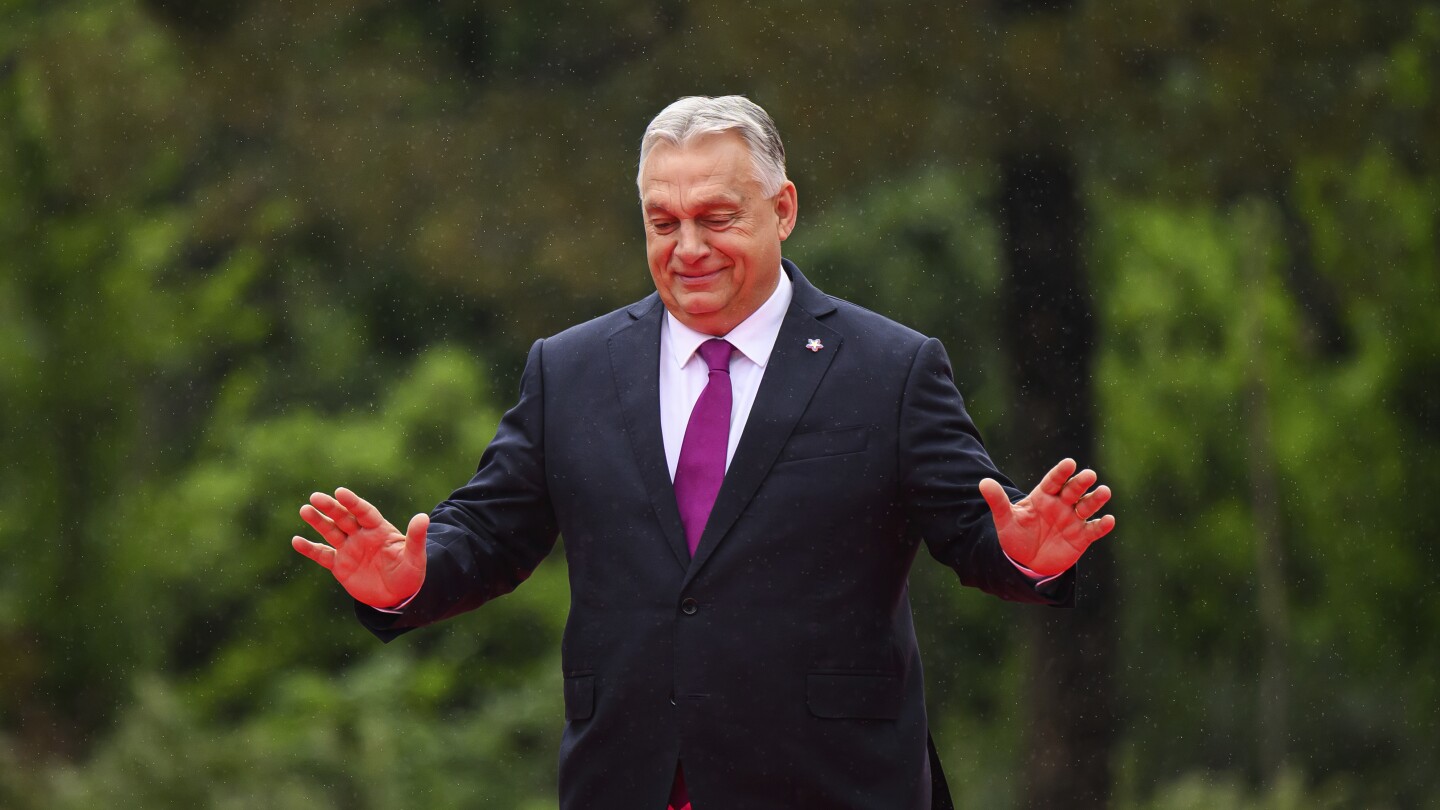A mass protest in Hungary on Sunday drew around 10,000 people in what some demonstrators called an act of resistance against recent actions by the right-wing populist government to restrict basic rights and crack down on independent media.
The protest, the latest in a recent wave of anti-government demonstrations, came days after a lawmaker from the party of Prime Minister Viktor Orbán submitted a bill that would allow the government to monitor, restrict, penalize and potentially ban media outlets and non-governmental organizations it deems a threat to the country’s sovereignty.
The bill, which has been compared to Russia’s “foreign agent” law, is expected to pass in the parliament where the ruling Fidesz party holds a two-thirds majority. It is seen by many of Orbán’s opponents as among the most repressive policies the long-serving leader has leveled at his critics in the last 15 years of his rule.
[…]
The bill introduced last week outlines a broad definition of what constitutes a threat to sovereignty. Organizations may be targeted if they oppose or portray in a negative light values such as Hungary’s democratic character, national unity, traditional family structures, or Christian culture — suggesting that even legitimate criticism of government policy could be treated as a national security threat.
Sunday’s demonstration came after two-and-a-half months of weekly protests against an anti-LGBTQ+ law passed in March that banned Pride events and allows authorities to use facial recognition software to identify individuals attending the festivities.
Hungary’s government has argued its policies on LGBTQ+ rights are necessary to protect children from it calls “gender madness.” But many critics believe the measures were designed to stir up animosity against sexual minorities and help Orbán mobilize his right-wing base ahead of next year’s elections.



The linked text thats highlighted in OPs comment basically just says he did it bcz he could. That’s not a reason.
The mistake is assuming that Orban was ever anything but a populist. Orban never really changed, what changed was the state of populism in central Europe.
Basically, in the 90’s liberal reform was popularized following the implosion of the Soviet Union. However, there was a conservative backlash following the “shock therapy” doctrine the IMF took when reforming the former Soviet block.
Conservative backlash in this case being styled after late Soviet socialism. Which was conservative in social mores, and in nationalist intent, but left leaning in economically. The older more impoverished population wanted to go back to the days before the collapse and before the implementation of shock therapy.
Orban has almost always riden the sentiment of populism whether that be liberalism or the sentiment of the Soviet era. The lone time he abandoned populism was in the early 00’s where he tried to align himself with the middle class, which cost him the election. Since then he has doubled down on his populist agenda.
The last paragraph does address his motive: